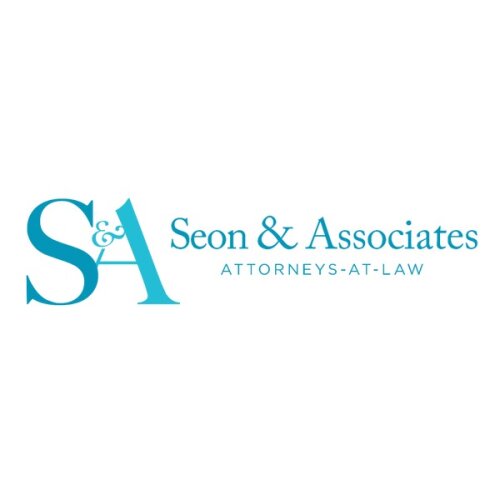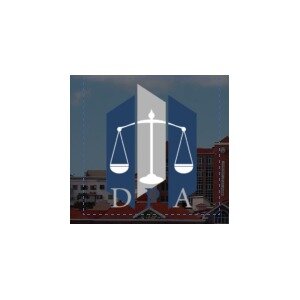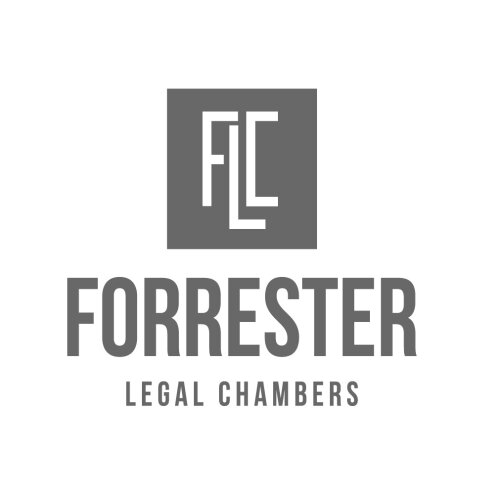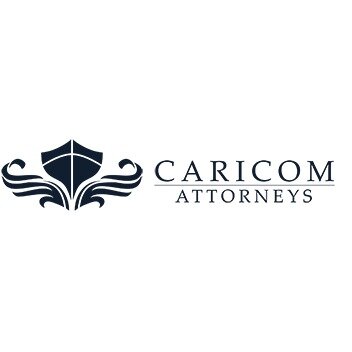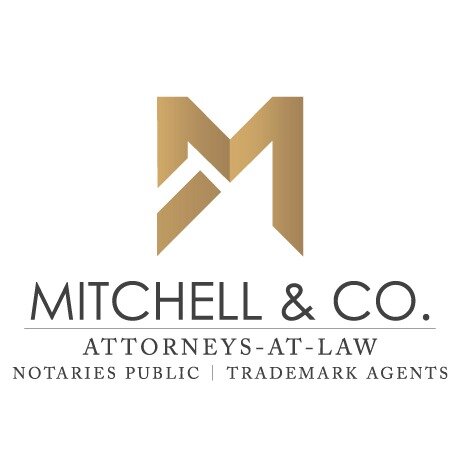Best Conveyancing Lawyers in St. George's
Share your needs with us, get contacted by law firms.
Free. Takes 2 min.
Free Guide to Hiring a Real Estate Lawyer
List of the best lawyers in St. George's, Grenada
About Conveyancing Law in St. George's, Grenada
Conveyancing is the legal process of transferring property ownership from one person or entity to another. In St. George's, Grenada, this area of law is crucial for anyone involved in buying, selling, or gifting real estate. Conveyancing covers the preparation, execution, and registration of documents that are required for formalizing property transactions. The process ensures that property ownership is validly and legally transferred, and that all legal requirements, taxes, and fees are settled appropriately.
Why You May Need a Lawyer
A lawyer specializing in conveyancing can help guide you through the complexities of property transactions in St. George's, Grenada. Some common scenarios where expert legal help is essential include:
- Buying or selling a house, land, or commercial property
- Transferring property ownership due to inheritance, gifts, or divorce
- Dealing with disputes over boundaries or title to property
- Ensuring property is free of encumbrances, such as unpaid mortgages or liens
- Drafting and reviewing sale agreements or deeds
- Navigating local land registration and stamp duty requirements
- Assisting with obtaining relevant governmental permissions for foreign ownership
Because property laws in Grenada can be detailed and intricate, having legal counsel helps you avoid mistakes, financial loss, or future disputes.
Local Laws Overview
Conveyancing in St. George's, Grenada is governed by several key pieces of legislation and local practices. Here are important aspects to consider:
- The Conveyancing and Law of Property Act outlines procedures for transferring property
- All property transactions must be registered with the Land Registry to be legally recognized
- The payment of stamp duty is mandatory, and rates can vary depending on the nature of the transaction and parties involved
- There are specific restrictions and approval processes for non-citizens or companies seeking to acquire property
- Due diligence such as title searches is crucial for identifying prior claims, mortgages, or caveats on the property
- Attorneys play a formal role in preparing, witnessing, and registering deeds
- Property boundaries and disputes are addressed under the local Registration of Titles Act and other real property-related legislation
It is important to follow these local rules closely to ensure a valid and enforceable transfer of property.
Frequently Asked Questions
What is conveyancing?
Conveyancing is the legal process of transferring real estate ownership from one party to another, encompassing document preparation, verification, and registration.
Do I need a lawyer to buy or sell property in St. George's, Grenada?
Yes, it is highly recommended and standard practice to use a lawyer to handle the legal work required for property transactions, ensuring all aspects are compliant with local laws.
What fees are associated with conveyancing?
Typical fees include lawyer’s fees, stamp duty, government registration fees, and any costs related to title searches or obtaining certificates.
Can foreigners buy property in St. George's, Grenada?
Foreigners can purchase real estate but must obtain an Alien Land Holding Licence and follow additional regulatory requirements.
How long does the conveyancing process take?
The process can vary depending on the complexity of the transaction but generally ranges from several weeks to a few months.
What is a title search, and is it necessary?
A title search is a formal check of the registered property records to ensure no encumbrances hinder the transfer. It is crucial for avoiding future legal issues.
Is stamp duty always required?
Yes, stamp duty is compulsory on property transfers, except in very limited cases of exemption. The rates depend on the transaction’s nature and value.
Who pays the stamp duty, the buyer or seller?
Typically, the seller pays most of the stamp duty, but this can be negotiated and specified in the sale agreement. Buyers are usually responsible for certain fees as well.
What happens if there is a dispute over property boundaries?
Disputes over boundaries are often resolved through the courts or formal mediation processes, and a lawyer can assist in interpreting survey data and land descriptions.
Can I complete a property transaction without physically being in Grenada?
Yes, with the use of a local attorney and a power of attorney, transactions can be completed on your behalf, provided all legal requirements are met.
Additional Resources
If you need more help or official information on conveyancing in St. George's, Grenada, consider the following:
- Grenada Land Registry - for property records and registration procedures
- Ministry of Legal Affairs - for legal resources, land acts, and forms
- Bar Association of Grenada - for finding qualified conveyancing lawyers
- Ministry of Finance - for information on stamp duty and other taxes
Next Steps
If you require legal assistance with conveyancing in St. George's, Grenada, start by gathering all available information about your property or planned transaction. Make a list of any questions or special circumstances. Contact a qualified local lawyer specializing in conveyancing to schedule an initial consultation. Your lawyer will guide you through the legal requirements, help with document preparation, represent you in dealing with authorities, and ensure the transaction is legally sound and protected.
Remember, property transactions are significant financial undertakings. Working with a knowledgeable lawyer can help you avoid costly mistakes and make the process efficient and secure.
Lawzana helps you find the best lawyers and law firms in St. George's through a curated and pre-screened list of qualified legal professionals. Our platform offers rankings and detailed profiles of attorneys and law firms, allowing you to compare based on practice areas, including Conveyancing, experience, and client feedback.
Each profile includes a description of the firm's areas of practice, client reviews, team members and partners, year of establishment, spoken languages, office locations, contact information, social media presence, and any published articles or resources. Most firms on our platform speak English and are experienced in both local and international legal matters.
Get a quote from top-rated law firms in St. George's, Grenada — quickly, securely, and without unnecessary hassle.
Disclaimer:
The information provided on this page is for general informational purposes only and does not constitute legal advice. While we strive to ensure the accuracy and relevance of the content, legal information may change over time, and interpretations of the law can vary. You should always consult with a qualified legal professional for advice specific to your situation.
We disclaim all liability for actions taken or not taken based on the content of this page. If you believe any information is incorrect or outdated, please contact us, and we will review and update it where appropriate.



